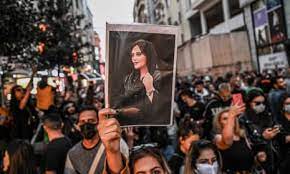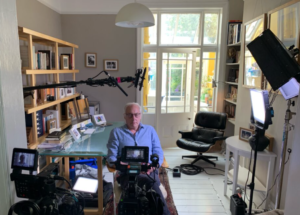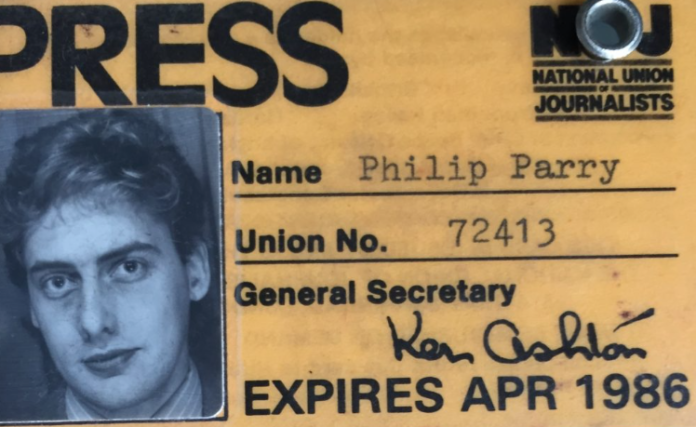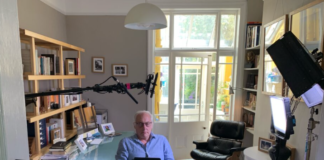- Torode to nowhere part one - 18th July 2025
- Cooking up trouble - 17th July 2025
- Numberless - 16th July 2025

As reports grow of a huge upsurge in worrying activity by Iran with its part-time secret agents targeting journalists in the wake of reporting about the enormous protests against the regime there, here our Editor Phil Parry looks at the importance of allowing a free media to support a functioning democracy.
Earlier he described how he was assisted in breaking into the South Wales Echo office car when he was a cub reporter, recalled his early career as a journalist, the importance of experience in the job, and made clear that the ‘calls’ to emergency services as well as court cases are central to any media operation.
 He has also explored how poorly paid most journalism is when trainee reporters had to live in squalid flats, the vital role of expenses, and about one of his most important stories on the now-scrapped 53 year-old BBC Wales TV Current Affairs series, Week In Week Out (WIWO), which won an award even after it was axed, long after his career really took off.
He has also explored how poorly paid most journalism is when trainee reporters had to live in squalid flats, the vital role of expenses, and about one of his most important stories on the now-scrapped 53 year-old BBC Wales TV Current Affairs series, Week In Week Out (WIWO), which won an award even after it was axed, long after his career really took off.
Phil has explained too how crucial it is actually to speak to people, the virtue of speed as well as accuracy, why knowledge of ‘history’ is vital, how certain material was removed from TV Current Affairs programmes when secret cameras had to be used, and some of those he has interviewed.

He has disclosed as well why investigative journalism is needed now more than ever although others have different opinions, how the coronavirus (Covid-19) lockdown played havoc with media schedules, and the importance of the hugely lower average age of some political leaders compared with when he started reporting.
These are disturbing times for journalists like me.
Intelligence officers in the UK are monitoring an enormous upswing in dubious activity by the agents of Iran and its acolytes, targeting journalists.

The regime has been rattled by reports in the (free) foreign media about the huge protests which erupted across Iran, following the death in police custody of a young Kurdish Iranian woman for allegedly violating its strict Islamic dress code.
Their most prominent targets have been Farsi-language broadcasters like Iran International and BBC Persian.
Last year Iran International was forced temporarily to abandon its operations in Britain citing the threat from Iran, which had declared it a terrorist organisation.


In December a Chechen-Austrian man was sentenced to more than three years in jail for collecting information about the channel’s former offices.
A one-time British diplomat has said: “If they (Iranian agents) wanted to kill people they could have done it”.
Unlike Russia which uses its own (sometimes hapless) agents, Iran tends to employ people with other ‘businesses’, such as thieves or drug-runners.
They have certainly scared people – all the Farsi-speaking journalists in London contacted by The Economist said they or their families in Iran had been intimidated.

One had been moved to a safe house after men on motorbikes had shouted death threats at his wife along with the address where she lived.
Some have resigned.
All the journalists they spoke to had received visits from counter-terrorism police advising them to change their daily routines and to avoid visiting countries near Iran, including Turkey and the UAE.

Some have received panic alarms (and I know how worrying this is, because I have had to have them installed in the past!).
All of this is because journalists like me have been reporting the truth, and the rulers don’t like it.
In fact, plainly ‘they don’t like it up ’em’…
The memories of Phil’s astonishing decades-long award-winning career in journalism (including details of how a panic alarm had to be put in at his home) as he was gripped by the rare disabling condition Hereditary Spastic Paraplegia (HSP), have been released in a major book ‘A GOOD STORY’. Order it now!

Regrettably publication of another book, however, was refused, because it was to have included names.








